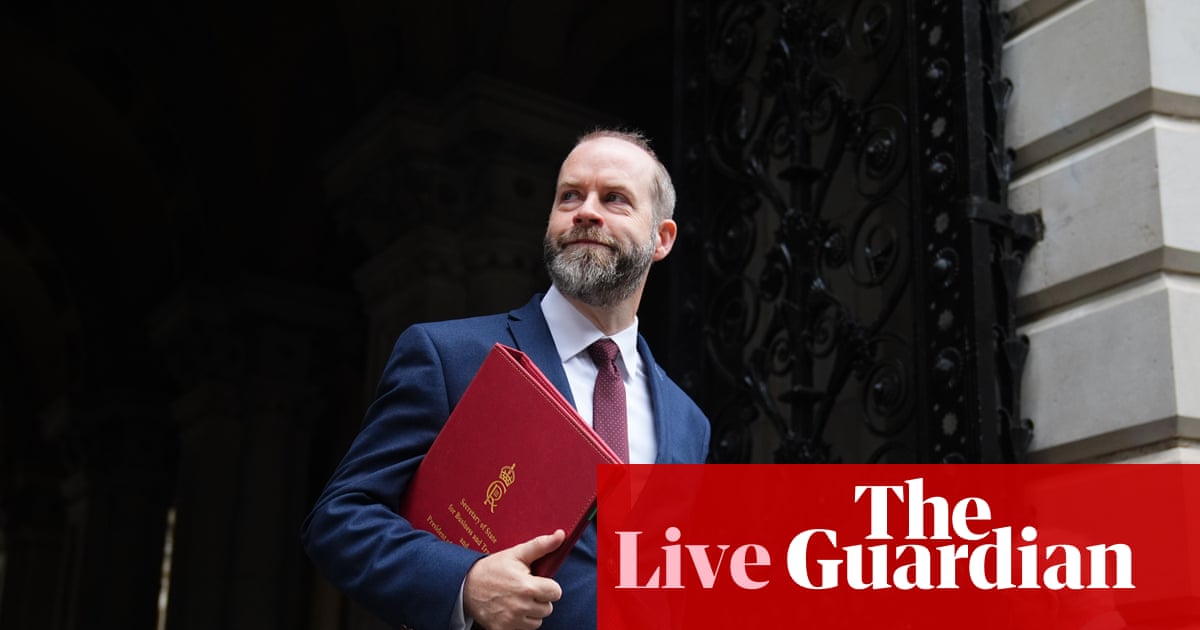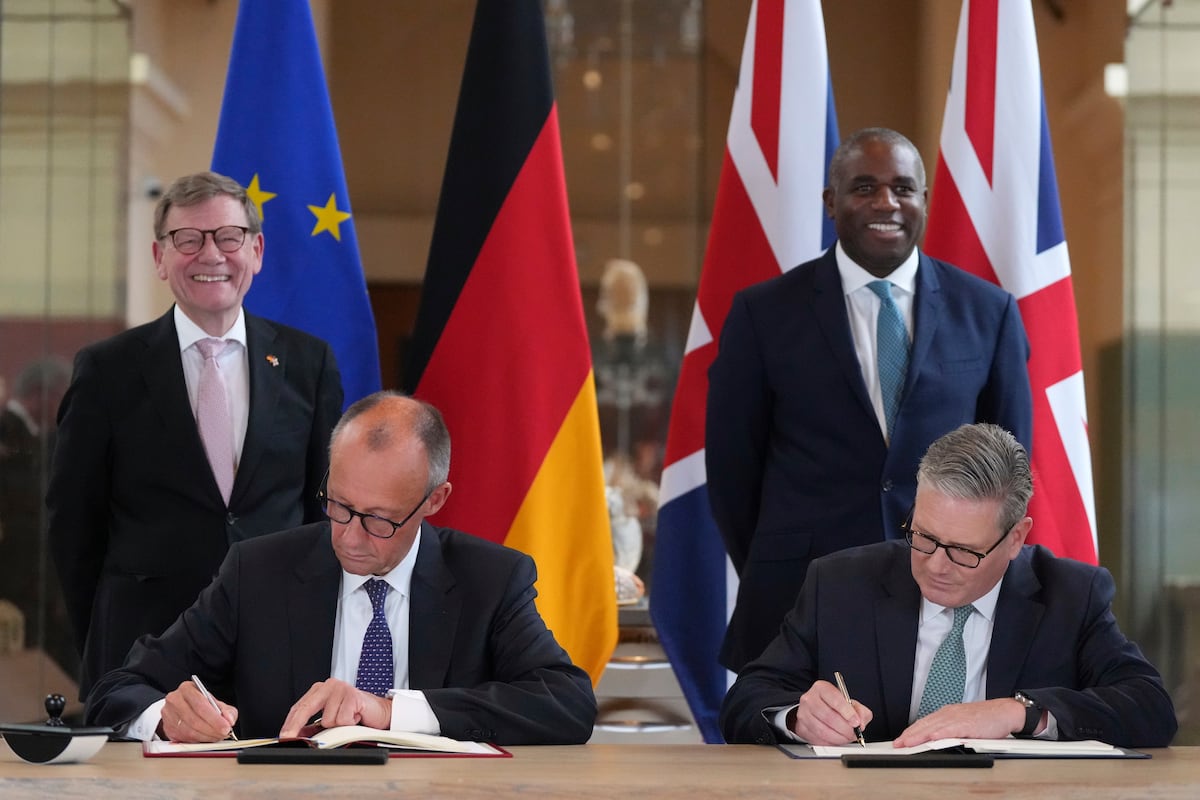T4K3.news
World leaders pledge historic biodiversity agreement
At COP15, 190 nations committed to halt biodiversity loss and conserve 30% of Earth's land and oceans.

At the UN biodiversity summit, nations pledged a historic agreement to halt nature loss.
World leaders commit to protect biodiversity
MONTREAL — On Monday, world leaders reached an agreement at COP15, designed to stop biodiversity loss over the next decade. Led by Marco Lambertini of the WWF, the deal commits 190 countries to 23 targets, including conserving at least 30 percent of the Earth's land and oceans. Lambertini emphasized that this moment is a significant step for the conservation of the natural world, with wildlife issues becoming more prominent on political agendas. However, he noted the ongoing challenges, as industries like agriculture and energy continue to damage ecosystems. The path to a sustainable future requires collaboration with these sectors to protect wildlife effectively.
Key Takeaways
"The agreement represents a major milestone for the conservation of our natural world."
Marco Lambertini emphasizes the importance of the agreement for biodiversity preservation.
"It’s terrifying. We are reaching tipping points at an ecological level with catastrophic impacts."
Lambertini expresses the urgency of addressing wildlife decline.
"We need to change from shareholder capitalism to a stakeholder approach."
Lambertini discusses necessary economic shifts to address ecological concerns.
"Every company says, 'We are great.' Actually they’re not."
Lambertini highlights the lack of accountability in corporate environmental claims.
The deal represents a turning point for biodiversity, but the real test lies in translation into action. Lambertini's call for a shift from shareholder to stakeholder capitalism is crucial for driving change in industries responsible for ecological damage. The challenge of engaging the public remains, especially when communication needs to link biodiversity loss to community well-being and global challenges like climate change. This landmark agreement, while a robust foundation, must inspire lasting commitment across governments and businesses.
Highlights
- Nature is our best life insurance for the future.
- Wildlife decline is terrifying, but there's hope at the local level.
- We must evolve capitalism to save our ecosystems.
- The agreement is a solid foundation for absolute accountability.
Political and economic challenges in biodiversity efforts
The agreement faces significant political resistance from industries like agriculture and fossil fuels, which play a vital role in biodiversity loss. Overcoming these challenges is crucial for the deal's success.
The success of this agreement will depend on how nations implement and uphold their commitments.
Enjoyed this? Let your friends know!
Related News

US withdraws from Paris climate agreement for second time

UK government commits to recognizing Palestinian state

Germany and UK sign defense pact amid Russian threats

ICJ ruling could empower climate reparations

Leaders use flattery as diplomatic tool with Trump
China supports firms impacted by U.S. tariffs

Trump announces AI chip agreements with Gulf nations
